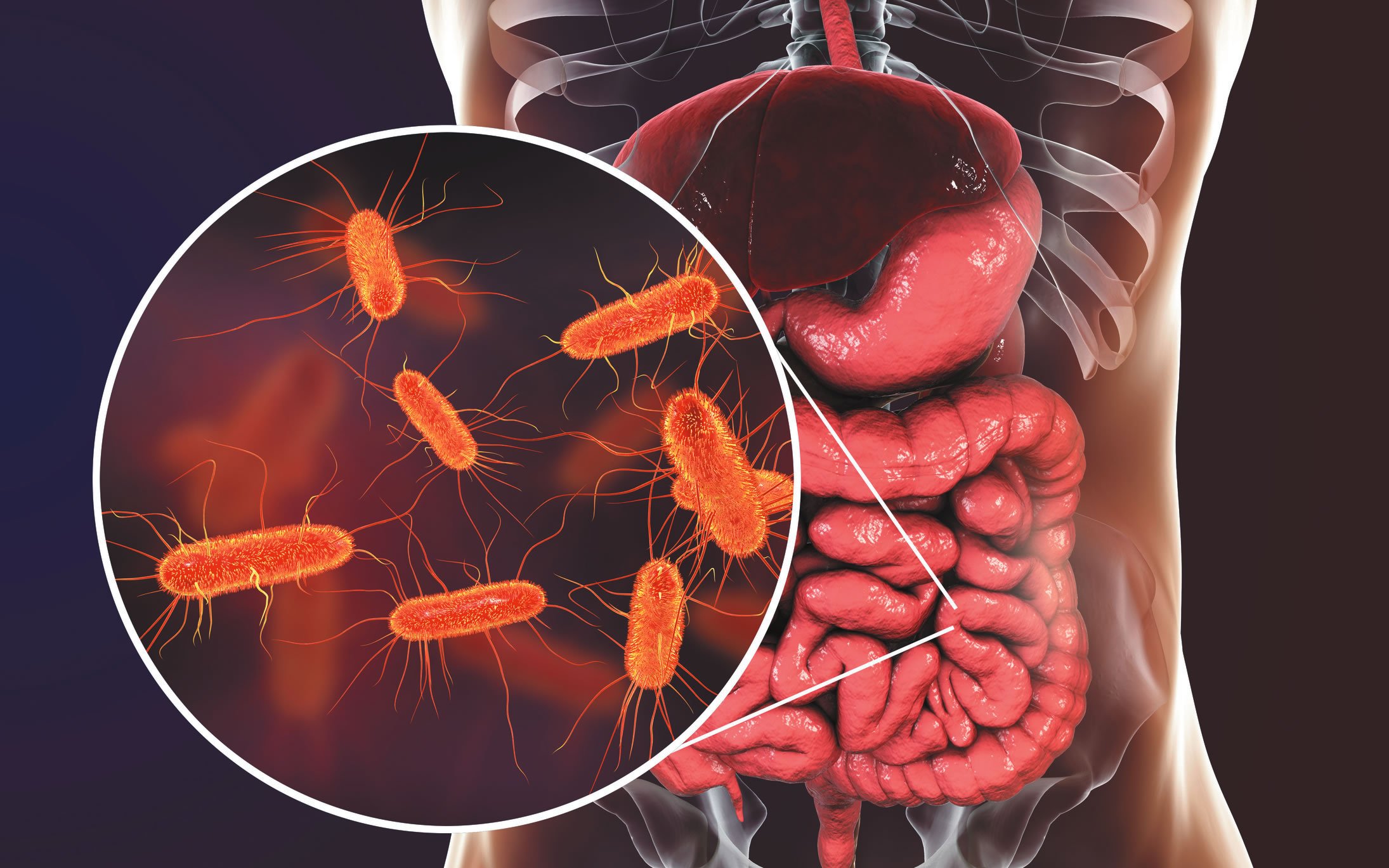Achieving optimal gut health extends beyond diet; it encompasses lifestyle adjustments that foster a balanced gut microbiota. Implementing habits such as regular exercise, stress management, quality sleep, and avoiding detrimental practices can significantly impact gut health. Let’s explore these lifestyle changes and their profound influence on nurturing a thriving gut microbiota.
Regular Exercise: A Boost for Gut Health
Exercise isn’t solely beneficial for physical health; it positively impacts gut microbiota diversity. Aerobic and resistance exercises contribute to a more diverse microbial environment, enhancing overall gut health. Aim for moderate exercise sessions regularly to support a healthy gut.
Stress Management: Balancing the Gut-Brain Axis
Chronic stress can disrupt the gut-brain axis, affecting gut health. Incorporating stress-relief techniques like mindfulness, meditation, yoga, or deep breathing exercises can mitigate the impact of stress on the gut microbiota, promoting a healthier balance.

Quality Sleep: The Restorative Power for Gut Microbiota
Adequate and quality sleep is essential for overall health, including gut health. Disrupted sleep patterns can alter the gut microbiota composition. Prioritize consistent sleep schedules and create a sleep-friendly environment to support a healthy gut.
Avoiding Detrimental Habits: Preserving Gut Microbiota Balance
Certain habits can disrupt the delicate balance of the gut microbiota. Limiting the consumption of processed foods, excessive alcohol intake, and avoiding smoking or excessive use of antibiotics can help preserve a healthy gut environment.
Table 1: Exercise and Gut Health
| Exercise Type | Frequency | Impact on Gut Health |
|---|---|---|
| Aerobic Exercise | 3-5 times/week | Increases microbial diversity and richness |
| Resistance Training | 2-3 times/week | Supports gut microbial balance and diversity |
Table 2: Stress Management Techniques
| Technique | Practice Frequency | Impact on Gut Health |
|---|---|---|
| Meditation | Daily | Reduces stress-related gut disturbances |
| Yoga | Regularly | Balances gut-brain axis |
Table 3: Sleep and Gut Health
| Sleep Hygiene Practice | Regularity | Impact on Gut Health |
|---|---|---|
| Consistent Bedtime | Every night | Supports a diverse gut microbiota |
| Sleep Environment | Optimal conditions | Influences gut microbial balance |
Table 4: Detrimental Habits to Avoid
| Habit | Recommended Limitations | Impact on Gut Health |
|---|---|---|
| Processed Foods | Minimize intake | Alters gut microbial composition |
| Excessive Alcohol | Moderate consumption | Disrupts gut microbiota balance |
| Smoking | Avoid | Negatively impacts gut health |
| Antibiotics Overuse | As prescribed | Affects gut microbial diversity |
Lifestyle changes supporting gut health
Embracing these lifestyle changes as pillars of gut health not only influences the microbial landscape within but also reflects on overall wellness. Regular exercise not only fortifies the body but cultivates a diverse gut environment. Stress management techniques act as guardians, nurturing the delicate gut-brain axis and fostering a harmonious microbial balance. Quality sleep serves as a rejuvenating force, facilitating the intricate dance of the gut microbiota. Avoiding detrimental habits safeguards the microbial ecosystem, preserving its vitality. These lifestyle adjustments harmonize the symphony of the gut, promoting a resilient and balanced microbiome pivotal for vibrant health and vitality.

Conclusion
Adopting lifestyle changes encompassing regular exercise, stress management, quality sleep, and avoiding detrimental habits stands as a cornerstone for nurturing a healthy gut microbiota. Incorporating these practices contributes to a diverse and balanced gut environment, supporting overall gut health and well-being. Implementing these changes empowers individuals to actively enhance their gut microbiome for improved vitality and health.




